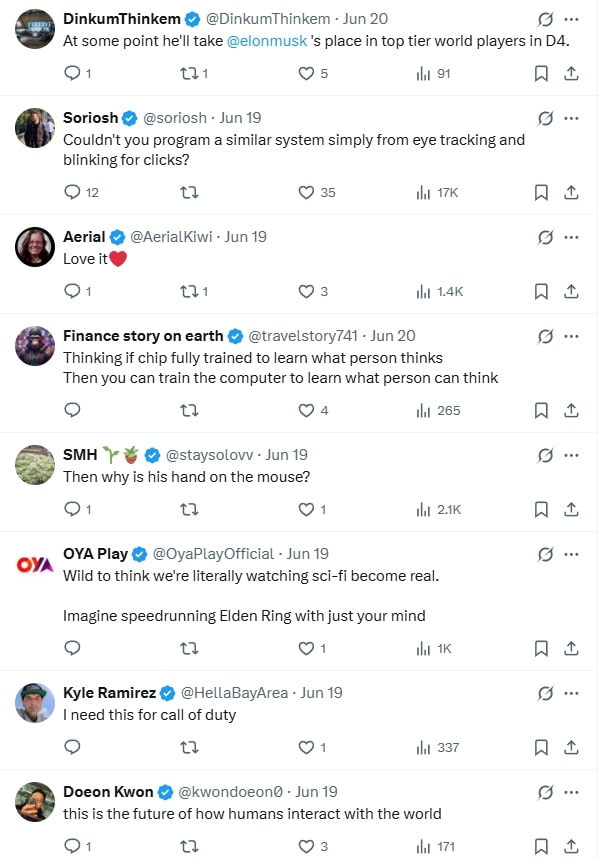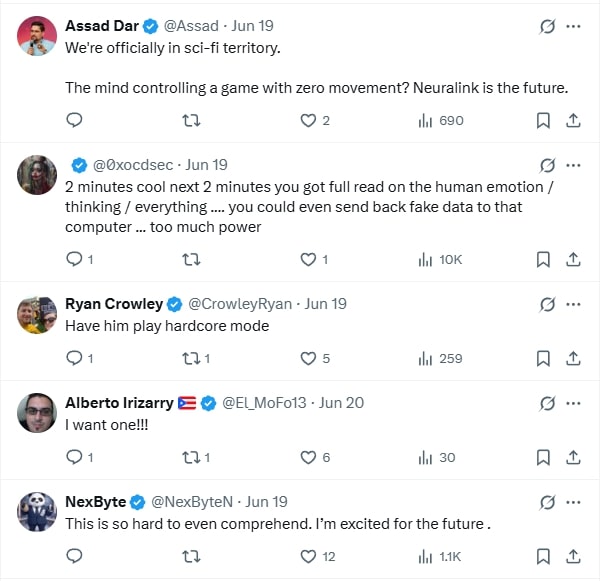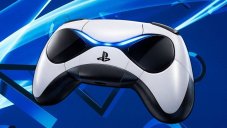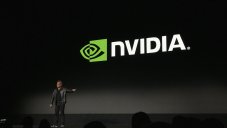Neuralink Telepathy Chip Enables Quadriplegic Rob Greiner to Control Games with Thoughts
Karamchand - Jun 22, 2025

Rob Greiner becomes sixth person implanted with Neuralink's Telepathy chip, now demonstrating ability to control games using only his thoughts after car accident.
- Elon Musk Said He Would Start Implanting Chips Into Human Brains Later This Year
- Using A New Brain Implant, This Monkey Can Play Video Games With Its Mind
- Everything You Need To Know About Neuralink - Elon Musk's Ambitious Plan To Turn Humans Into Cyborgs
Breakthrough Gaming Performance with Brain-Computer Interface
Rob Greiner has made headlines as the sixth human to receive Neuralink's revolutionary Telepathy chip. Moreover, he can now control games with the Neuralink Telepathy chip using only his thoughts. This achievement represents a significant milestone in brain-computer interface technology.
Tesla Owners Silicon Valley highlighted Greiner's remarkable progress on X (formerly Twitter). Furthermore, the post showcased how the former dog trainer has adapted to this cutting-edge technology. The demonstration proves that Neuralink's Telepathy chip can restore digital autonomy to individuals with severe disabilities.
From Dog Trainer to Neuralink Pioneer
Greiner's journey to becoming a Neuralink recipient began tragically in December 2022. A devastating car crash left him quadriplegic. However, his participation in Neuralink's clinical trials has opened new possibilities for his independence.
Previously, Greiner worked as a dog trainer before his life-changing accident. Now, he represents hope for countless individuals facing similar challenges. Additionally, his success demonstrates the practical applications of Elon Musk's ambitious neurotechnology project.

Understanding Neuralink's Telepathy Technology
Neuralink, founded by Elon Musk, focuses on developing implantable brain-computer interfaces. The company aims to enhance human cognitive abilities. Furthermore, it seeks to assist people with neurological conditions.
The Telepathy chip specifically enables thought-controlled digital interactions. Users can control computers, smartphones, and gaming systems without physical movement. Consequently, this technology offers unprecedented freedom to individuals with mobility limitations.
Public Reaction: Awe and Skepticism
Social media responses to Greiner's demonstration reveal mixed emotions. Many users express awe at the technological advancement. However, others show skepticism about practical applications.
Some X users question the necessity of expensive technology for gaming purposes. Nevertheless, supporters emphasize the broader implications for disability assistance. The debate highlights society's ongoing discussion about advanced neurotechnology integration.

Building on Previous Success Stories
Greiner follows in the footsteps of Noland Arbaugh, Neuralink's first human recipient. Arbaugh received his chip in January 2024. Subsequently, he reported significant benefits from the technology.
Arbaugh gained remarkable independence through autonomous computer control. His success provided crucial evidence for the technology's potential. Therefore, each new recipient adds valuable data to Neuralink's research.
Future Vision: Beyond Gaming Applications
Elon Musk's vision for Neuralink extends far beyond gaming and computer control. The company plans to develop a 'Blindsight' chip for vision restoration. This ambitious project aims to help blind individuals regain sight.
Additionally, Neuralink explores applications for various neurological conditions. The technology could potentially treat depression, anxiety, and memory disorders. Thus, the current gaming demonstrations represent just the beginning of possibilities.
Ethical Considerations and Societal Impact
The advancement of brain-computer interfaces raises important ethical questions. Critics worry about potential misuse of the technology. Furthermore, concerns exist about privacy and mental autonomy.
However, supporters argue that benefits outweigh risks for disabled individuals. The technology offers hope for restored independence and improved quality of life. Consequently, ongoing discussions will shape how society integrates these innovations.
Looking Ahead: The Future of Neural Interfaces

Rob Greiner's success with the Neuralink Telepathy chip marks another step forward in neurotechnology. His gaming demonstrations prove the technology's practical value. Moreover, they inspire hope for individuals facing similar challenges.
As Neuralink continues clinical trials, more success stories will likely emerge. The technology's potential extends beyond current applications. Therefore, society must prepare for a future where thought-controlled devices become commonplace.
The intersection of human capability and artificial enhancement continues evolving. Rob Greiner's journey from accident victim to technology pioneer illustrates this transformation. His story demonstrates how innovative medical technology can restore dignity and independence to those who need it most.
Featured Stories

ICT News - Feb 20, 2026
Tech Leaders Question AI Agents' Value: Human Labor Remains More Affordable

ICT News - Feb 19, 2026
Escalating Costs for NVIDIA RTX 50 Series GPUs: RTX 5090 Tops $5,000, RTX 5060 Ti...

ICT News - Feb 18, 2026
Google's Project Toscana: Elevating Pixel Face Unlock to Rival Apple's Face ID

Mobile - Feb 16, 2026
Xiaomi Launches Affordable Tracker to Compete with Apple's AirTag

ICT News - Feb 15, 2026
X Platform Poised to Introduce In-App Crypto and Stock Trading Soon

ICT News - Feb 13, 2026
Elon Musk Pivots: SpaceX Prioritizes Lunar Metropolis Over Martian Colony

ICT News - Feb 10, 2026
Discord's Teen Safety Sham: Why This Data Leak Magnet Isn't Worth Your Trust...

ICT News - Feb 09, 2026
PS6 Rumors: Game-Changing Specs Poised to Transform Console Play

ICT News - Feb 08, 2026
Is Elon Musk on the Path to Becoming the World's First Trillionaire?

ICT News - Feb 07, 2026
NVIDIA's Gaming GPU Drought: No New Releases in 2026 as AI Takes Priority
Read more

ICT News- Feb 20, 2026
Tech Leaders Question AI Agents' Value: Human Labor Remains More Affordable
In a recent episode of the All-In podcast, prominent tech investors and entrepreneurs expressed skepticism about the immediate practicality of deploying AI agents in business operations.

ICT News- Feb 19, 2026
Escalating Costs for NVIDIA RTX 50 Series GPUs: RTX 5090 Tops $5,000, RTX 5060 Ti Closes in on RTX 5070 Pricing
As the RTX 50 series continues to push boundaries in gaming and AI, these price trends raise questions about accessibility for average gamers.

ICT News- Feb 18, 2026
Google's Project Toscana: Elevating Pixel Face Unlock to Rival Apple's Face ID
As the smartphone landscape evolves, Google's push toward superior face unlock technology underscores its ambition to close the gap with Apple in user security and convenience.
Comments
Sort by Newest | Popular